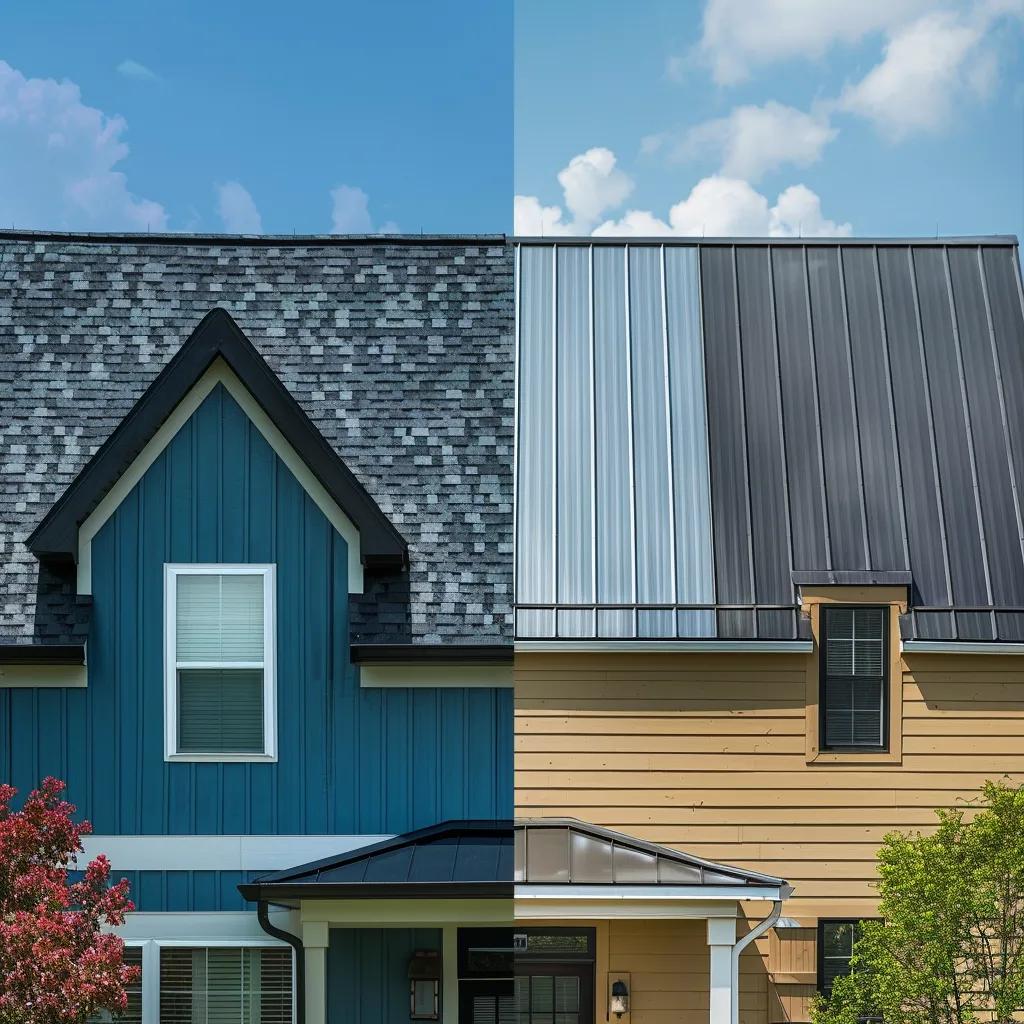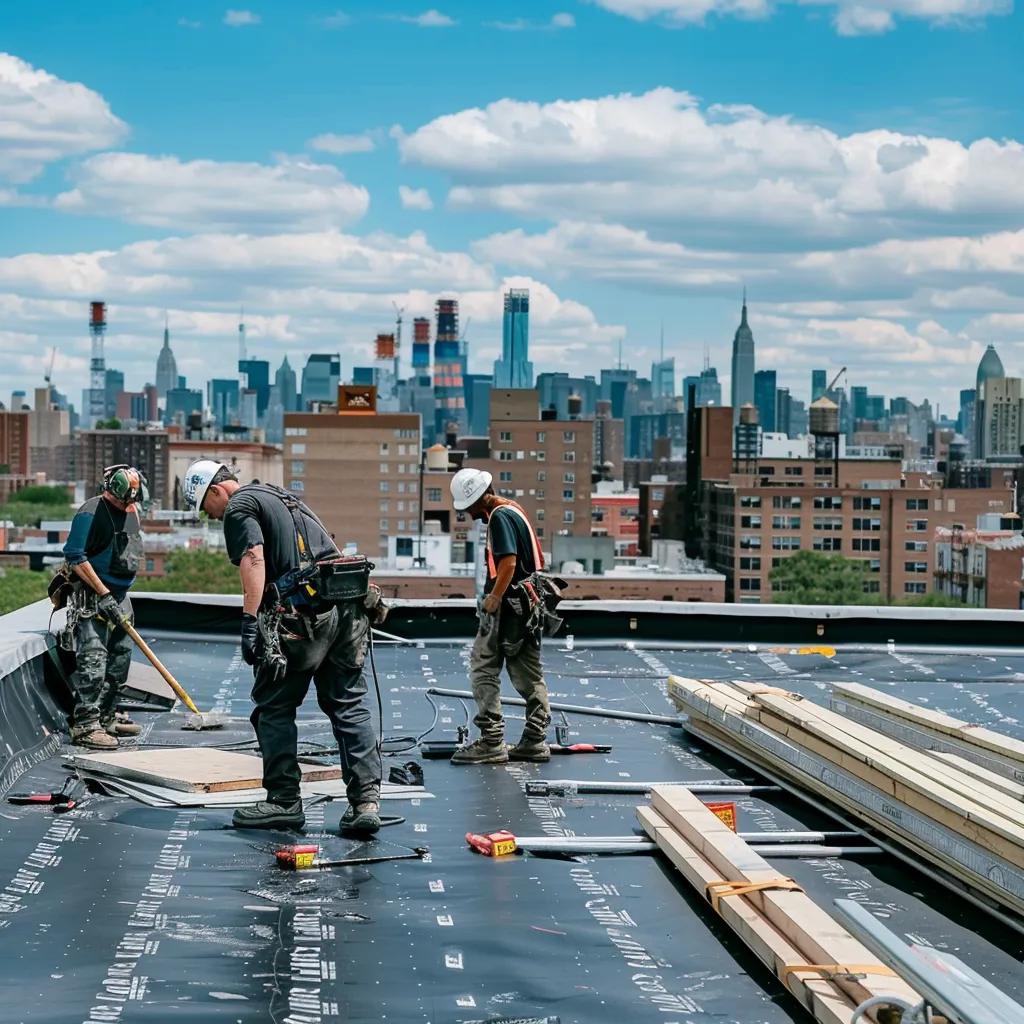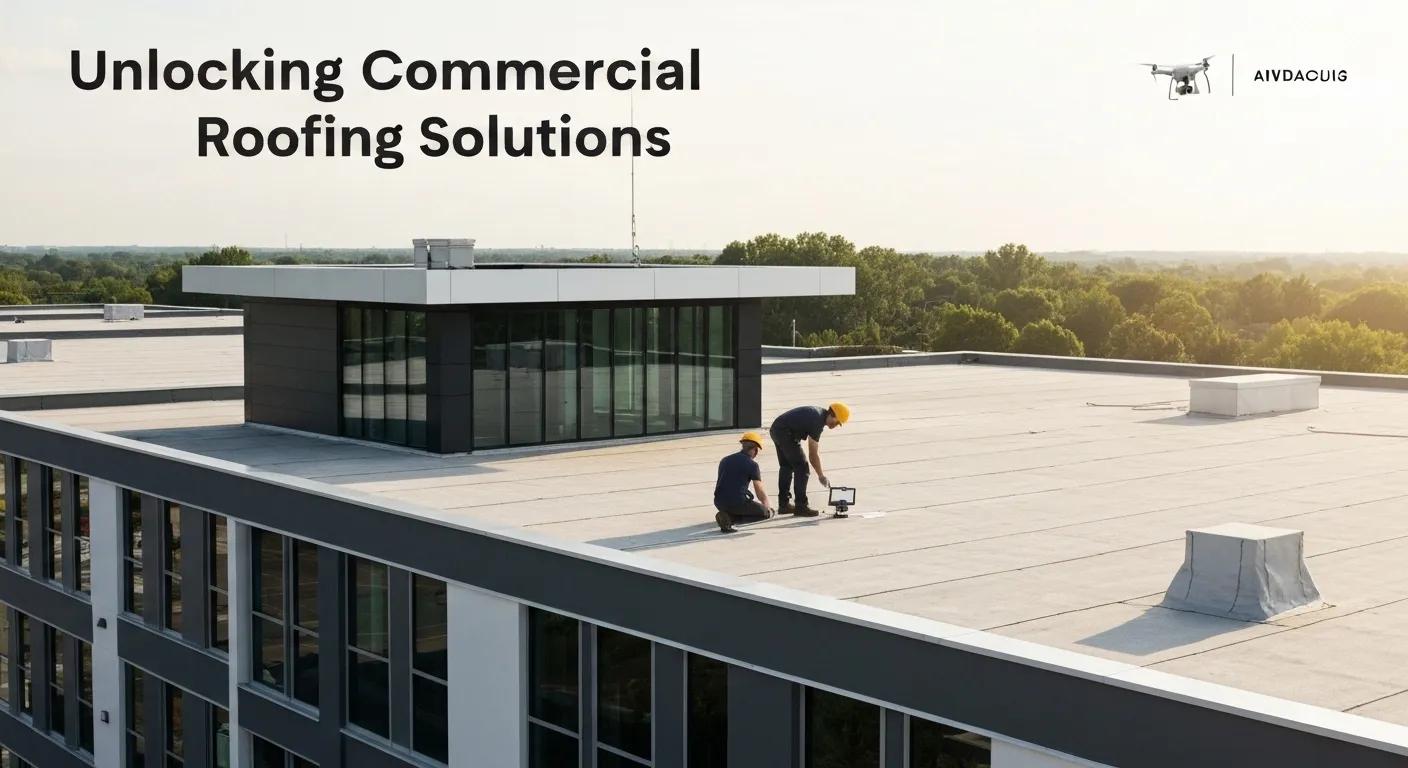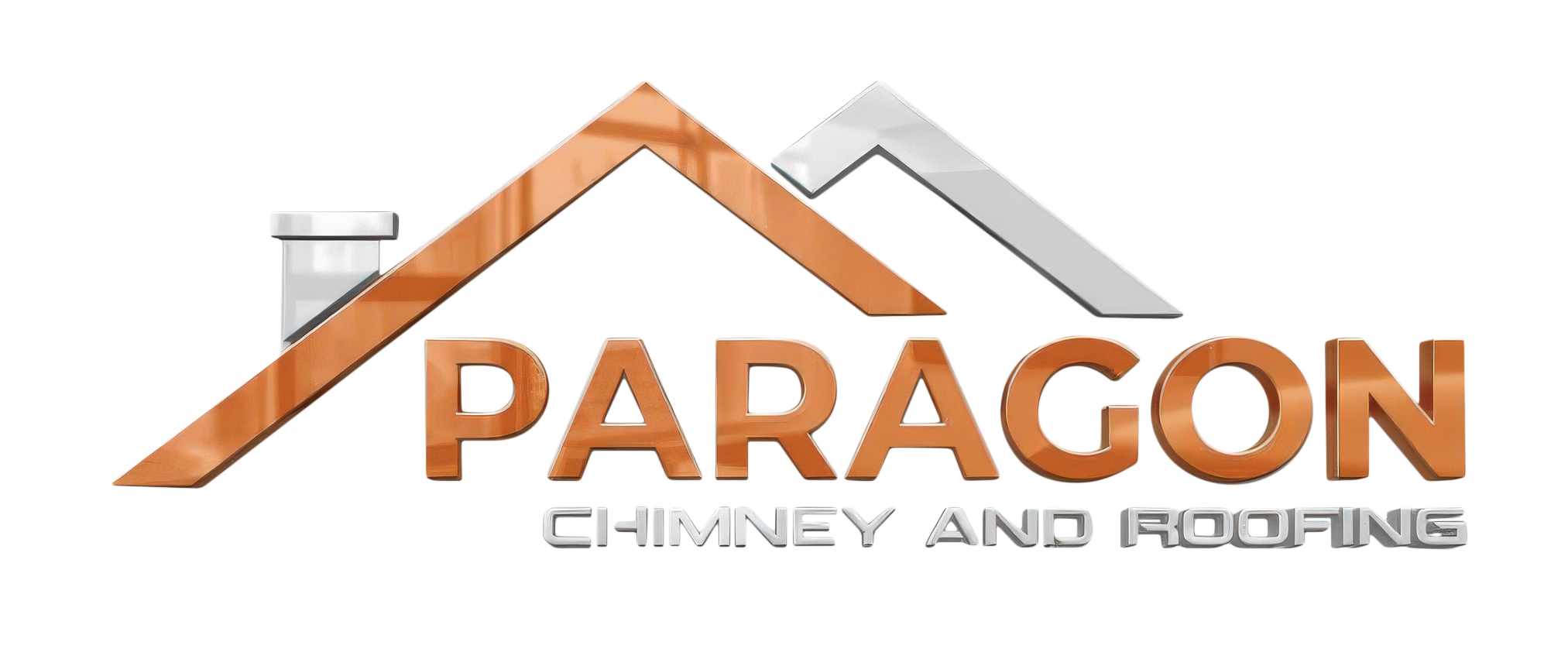Important Considerations for Roof Repair Contractor Selection

Choosing the best roof repair contractor is crucial for protecting your property and ensuring a durable repair. Homeowners and business owners must carefully evaluate potential contractors, such as paragon chimney and roofing, to guarantee safe, efficient, and budget-friendly work. This article explains how to find reputable professionals and outlines the roof repair process, which may include working with roofing slates for enhanced durability, while also emphasizing customer service and solid warranties. For those seeking specialized local work, consider exploring options like roof repair nyc in your area.
Choosing the best roof repair contractor is vital for safeguarding property and ensuring long-lasting repairs. Homeowners and business owners alike must take the time to assess potential contractors, ensuring they are equipped to deliver safe, efficient, and cost-effective solutions. Companies like Paragon Chimney and Roofing exemplify the kinds of reputable services one should seek, as they understand the delicate nature of roof repair.
This article aims to guide readers in identifying trustworthy professionals in the industry, detailing a comprehensive roof repair process that may involve using roofing slates for increased durability. It is imperative to prioritize contractors who not only demonstrate technical expertise but also excel in customer service and provide solid warranties, ensuring peace of mind for property owners.
For those who are seeking specialized local services, tapping into resources like “roof repair NYC” can yield beneficial options tailored to individual needs. Local contractors are often familiar with regional building codes and weather-related challenges, which can be instrumental in executing effective repairs.
Furthermore, the roof repair process typically encompasses a thorough initial assessment, material selection, and roof installation, all of which should be undertaken with meticulous attention to detail. Homeowners are encouraged to discuss their roof options with potential contractors, allowing them to evaluate customer service and warranty offerings. Ultimately, with careful consideration and diligent research, property owners can find the right roof repair contractor to protect their investments for years to come.
How Do You Find a Reputable RoofRepairContractor?
A reputable contractor is identified through local research, referrals, and verification of credentials. Start by using online directories, community boards, and industry association websites to compile a list of local roofing contractors with verifiable contact details and customer feedback. Reviewing their websites and cross-referencing local business listings helps narrow down qualified candidates.
When seeking a reputable contractor, thorough local research is essential to ensure quality workmanship and reliability, particularly in specialized fields like roofing. To begin, individuals should utilize online directories, community boards, and industry association websites to compile a comprehensive list of local roofing contractors.
It’s crucial that these contacts include verifiable information such as phone numbers and email addresses, as well as customer reviews and feedback to assess the contractors’ performance and credibility. This initial effort aids in creating a foundation of potential candidates who are not only nearby but also accomplished in their field.
Once a list of contenders is established, reviewing their websites can provide further insight into their services, experience, and customer testimonials. This step often reveals details about their project portfolios, certifications, and any specializations that may meet the specific needs of a roofing project.
To validate the information collected, cross-referencing local business listings enhances the vetting process by confirming the contractor’s legitimacy and allowing clients to gauge their reputation within the community. Employing these strategies cultivates a well-informed selection process, ultimately leading to the choice of a professional, trustworthy, and experienced contractor capable of delivering exceptional results.
What Are the Best Ways to Search for Local Roofing Contractors?
Begin with local business listings and specialized directories that rate roofing companies. Many platforms allow filtering by location, services, and customer ratings. Compile a list of potential contractors and review their portfolios to assess work quality. This initial research builds a reliable candidate list supported by independent ratings.
How Can Referrals and Online Reviews Help You Choose a Contractor?
Referrals from trusted friends, neighbors, or colleagues provide first-hand insights into a contractor’s reliability and work quality. In addition, online reviews on Yelp, Google, and Angie’s List can highlight issues or praise customer service and workmanship. Evaluating reviews helps confirm the contractor’s credibility.
Why Is Checking the Better Business Bureau and Licensing Important?
Verifying a contractor’s Better Business Bureau (BBB) rating and ensuring they hold the required licenses and insurance is critical. A good BBB rating shows a commitment to ethical practices, while proper licensing confirms adherence to industry standards and local codes, reducing risks associated with subpar work or legal issues.
What Questions Should You Ask Before Hiring a RoofRepairContractor?
Before hiring, ask targeted questions regarding credentials, warranties, and previous work. Direct questioning verifies expertise and clarifies the scope of services. Inquire specifically about financial protection and project guarantees to determine if the contractor fits your needs.
Before making a hiring decision, it’s essential for homeowners to conduct thorough vetting of potential contractors. This can be achieved by asking targeted questions that delve into their credentials, warranties, and previous work experience. By directly questioning a contractor about their qualifications, clients can verify expertise and ensure that the contractor possesses the skills necessary to complete the project.
For instance, asking for licenses, certifications, and references not only highlights a contractor’s professional standing but also provides insight into their reliability and past performance. Engaging in these discussions helps clarify the scope of services offered, enabling homeowners to make informed decisions that align with their specific project needs.
In addition to credentials, it is crucial to inquire about financial protection and project guarantees. Questions regarding warranties on workmanship and materials, as well as any insurance policies the contractor holds, can uncover vital information about the risks associated with the project.
Clear communication about these financial safeguards helps to establish a sense of security for homeowners, ensuring they understand what protections are in place should any issues arise. By focusing on these key areas during the interview process, homeowners can better assess whether a contractor is the right fit for their project, ultimately leading to a successful and satisfactory outcome.
Which Credentials and Insurance Should a Reliable Contractor Have?
A reliable contractor must have appropriate state licensing, liability insurance, and workers’ compensation coverage. These credentials indicate professional recognition and financial protection against accidents or damage, protecting homeowners from potential legal and financial liabilities.
What Warranty and Workmanship Guarantees Should You Expect?
Expect warranties that cover both materials and workmanship for one to five years. A comprehensive guarantee shows contractor confidence and a commitment to quality. Be sure to discuss what the warranty covers, any exclusions, and the process for resolving claims to ensure ongoing support.
How Do References and Past Project Examples Influence Your Choice?
Review references and examine past project examples to assess a contractor’s expertise. Contractors who provide references and detailed portfolios demonstrate transparency and pride in their work. Talking with previous clients about satisfaction and problem resolution offers reassurance about the contractor’s reliability.
How Does the RoofRepair Process Work and What Should You Expect?
Understanding the roofrepair process prepares homeowners for each stage. Typically, a professional repair begins with a thorough roof inspection, followed by detailed estimates and a contract outlining materials, timelines, and costs. Knowing each step helps prevent unexpected complications and promotes smooth communication.
Understanding the roof repair process is crucial for homeowners, as it equips them with the knowledge necessary to navigate each stage of the project confidently. Typically, the process begins with a comprehensive roof inspection conducted by a professional.
This critical first step allows the contractor to assess the current condition of the roof, identifying any underlying issues that may not be immediately visible. Following the inspection, homeowners receive detailed estimates that outline the necessary repairs, including materials and associated costs. Familiarity with this stage helps homeowners establish a clear financial expectation and enables them to make informed decisions moving forward.
Once the estimates are provided, a formal contract is drawn up, outlining the scope of work, materials to be used, timelines, and payment details. This contract serves as a vital reference point for both the homeowner and the contractor, promoting transparency and accountability throughout the repair process.
By understanding each of these stages, homeowners can prevent unexpected complications and effectively communicate any concerns that may arise. This proactive approach not only enhances the overall experience but also fosters a trustworthy relationship between the homeowner and the roofing contractor, leading to a more successful and satisfying repair outcome.
What Happens During a Professional Roof Inspection?
A professional inspection assesses the entire roofing system for damaged shingles, leaks, structural issues, and wear. The contractor documents deficiencies with photos and written reports. Early detection allows for a targeted repair plan that saves time and money by addressing minor issues before they escalate.
How Are Estimates Prepared and What Should Be Included in Contracts?
After the inspection, estimates should detail the scope of work, material costs, labor, permits if needed, and projected timelines. A comprehensive contract includes payment schedules, liability clauses, warranty details, and terms for potential extra costs. Clear contract communication protects both parties by setting documented expectations.
How Long Does Typical RoofRepair Take?
Roofrepair duration varies based on damage extent, weather, and roofing material. Standard repairs usually take one to three days, while extensive repairs or full replacements may take weeks. A professional contractor will offer a realistic timeline in their estimate and notify you of any delays.
What Are the Most Common RoofRepair Types and How Do They Differ?
Roofrepair methods vary widely depending on the roofing material and type of damage. Repairs can range from minor cosmetic fixes to significant structural restoration. Understanding these differences helps determine whether you need a simple fix or a comprehensive repair plan.
How Is Asphalt ShingleRepair Performed and When Is It Needed?
Asphalt shinglerepair involves replacing missing, cracked, or curled shingles. The process requires lifting surrounding shingles, removing the damaged ones, and nailing new shingles in place. This repair is necessary when wind damage, hail, or normal wear compromises individual shingles, preventing further water damage.
What Are the Key Considerations for Tile RoofRepair?
Tile roofrepair requires careful handling because tiles can be fragile. Broken tiles should be replaced individually with a matching color and texture. Additionally, inspect the underlayment and flashings for damage during repairs to maintain both the roof’s aesthetic appeal and structural integrity.
How Do Metal and Flat Roof Repairs Differ?
Metalroof repairs often focus on securing loose panels, replacing damaged fastenings, and sealing gaps, while flat roof repairs address insulation, membrane seams, and drainage issues. Each repair requires specialized materials and techniques to ensure waterproofing and lasting repair.
What Are the Signs of RoofDamage That Require Immediate Repair?
Early recognition of roofdamage prevents costly repairs later. Signs include visible leaks, shingle damage, and structural deformations. Noticing these indicators early allows homeowners to act before minor issues become severe.
How Can You Detect Roof Leaks Early?
Regular visual inspections for water stains, discoloration on interior surfaces, and the presence of mold or mildew can detect leaks early. Check the attic and areas near chimneys or vents regularly; prompt action can mitigate water damage.
What Are the Effects of Wind and HailDamage on Roofs?
Wind and hail can cause missing shingles, dents, or cracked tiles, compromising the roof’s protective barrier. High winds may loosen shingles, while severe hail can chip materials. Immediate repair is often required to maintain the roof’s lifespan.
How Do Ice Dams Form and What Are Their Risks?
Ice dams form when melting snow refreezes at the roof’s edge, creating a barrier that prevents proper drainage. This can cause water to back up under the shingles, leading to leaks and interior damage. In colder climates, proper insulation and ventilation are key to preventing ice dams.
How Do Insurance and Warranties Affect Your RoofRepair Decision?
Insurance and warranties significantly impact roofrepair projects by mitigating financial risks and providing recourse if repairs fall short. Understanding how to file claims and the differences between warranty types builds confidence in both the repair work and the contractor’s quality.
How Do You File a RoofRepair Insurance Claim?
Start by documenting damage with photos and detailed reports from a professional inspector. Contact your insurance provider immediately to determine coverage and begin the claims process. The contractor’s estimates can support your claim by clarifying the repair needs and costs.
What Types of Roofing Warranties Should You Understand?
Roofing warranties include material warranties, workmanship guarantees, and extended service plans. Material warranties cover defects in the roofing products, while workmanship guarantees ensure quality installation. Extended warranties may also cover components like flashing. Understanding these differences helps homeowners compare offers and choose a contractor with solid post-repair support.
Why Is Customer Service and Reputation Important When Choosing a RoofRepairContractor?
Customer service and reputation are key indicators of a contractor’s reliability. A contractor with excellent customer service will communicate clearly, manage expectations, and resolve issues quickly. A long-term reputation supports confidence that the contractor consistently delivers quality work.
How Do Customer Reviews and Testimonials Reflect Contractor Quality?
Customer reviews reflect real-world contractor performance. Positive comments about timeliness, workmanship, and communication indicate high-quality service, while recurring complaints are red flags. Reviews on platforms like the Better Business Bureau and Google provide valuable insight.
What Role Does Transparent Communication Play in RoofRepair?
Transparent communication minimizes misunderstandings by keeping all parties informed about timelines, costs, and issues. A contractor who explains each stage and regularly updates the client builds trust and ensures the project stays on track.
How Can You Verify a Contractor’s Local Service Area and Availability?
Ensure the contractor is familiar with local building codes and weather conditions by verifying their local presence. Check reviews, referrals, and past projects in your area to confirm that the contractor can provide prompt service, especially in emergencies.
Table: Comparison of RoofingWarranty Types
Before selecting a contractor, understanding warranty types is crucial. The table below summarizes common roofing warranties and their benefits.
| Warranty Type | Coverage Duration | Key Benefits | Additional Notes |
|---|---|---|---|
| Material Warranty | 10-30 years | Protects against intrinsic product flaws | Often provided by the manufacturer |
| Workmanship Guarantee | 1-5 years | Ensures quality of installation/repair | Reflects contractor confidence |
| Extended Warranty | Varies (up to 10 years) | Covers additional components like flashing and underlayment | May include periodic inspections |
The table helps homeowners compare warranty offerings to make an informed decision.
List: Key Questions to Ask Before Hiring a Contractor
When choosing a roofing contractor, consider asking: 1. Are you fully licensed and insured?
This confirms the contractor meets state standards and is financially protected. 2. What warranty and workmanship guarantees do you offer?
This clarifies quality assurance and post-repair support. 3. Can you provide references from past projects?
References offer insights into reliability and customer satisfaction. 4. How will you document and communicate the repair process?
Transparent documentation ensures clarity throughout the project.
This checklist aids homeowners in researching local roofing contractors.
Frequently Asked Questions
Q: How often should I have my roof inspected?
A: A professional inspection is recommended at least once a year and after severe weather events.
Q: How do I know if my roof damage is severe?
A: Look for large leaks, extensive shingle damage, or sagging areas that require immediate attention.
Q: Can I file an insurance claim for minor roof repairs?
A: Minor repairs may not be covered; consult your provider regarding deductible thresholds and coverage specifics.
Q: What should I do if my contractor doesn’t honor the warranty?
A: Document all communications, review your contract, and consider contacting a local roofing association or legal professional if needed.
Q: Are customer reviews reliable indicators of contractor quality?
A: Yes, reviews from multiple sources and direct references provide a well-rounded perspective.
Final Thoughts
Roofrepair is a key investment in the longevity and safety of your home or commercialproperty. By researching local contractors thoroughly, asking detailed questions, and understanding the repair process, homeowners can minimize risks and ensure quality outcomes. Emphasizing warranty coverage and transparent communication further builds trust. Ultimately, choosing a reputable roofrepaircontractor is a proactive step toward maintaining property value and protecting your investment.
Roof repair is an essential investment that significantly impacts the longevity and safety of both residential and commercial properties. A well-maintained roof acts as a first line of defense against the elements, safeguarding the structure and its occupants from potential hazards such as leaks and structural damage.
By taking the time to research local contractors thoroughly, property owners can make informed decisions that minimize risks associated with subpar repairs. Asking detailed questions about the contractor’s experience, methods, and materials used not only helps in assessing their expertise but also equips the homeowner with the necessary knowledge to gauge the quality of the repair process.
Moreover, emphasizing warranty coverage and fostering transparent communication with the selected contractor can build a strong foundation of trust between the homeowner and the service provider. A reputable contractor should offer clear insights into the warranty terms, ensuring that clients understand the scope of coverage should any issues arise post-repair.
This open dialogue not only alleviates concerns but also reinforces the contractor’s commitment to quality work. Ultimately, investing time and effort into choosing a reliable roof repair contractor not only protects the property but also helps maintain its value over time, making it a crucial step for proactive property management.





